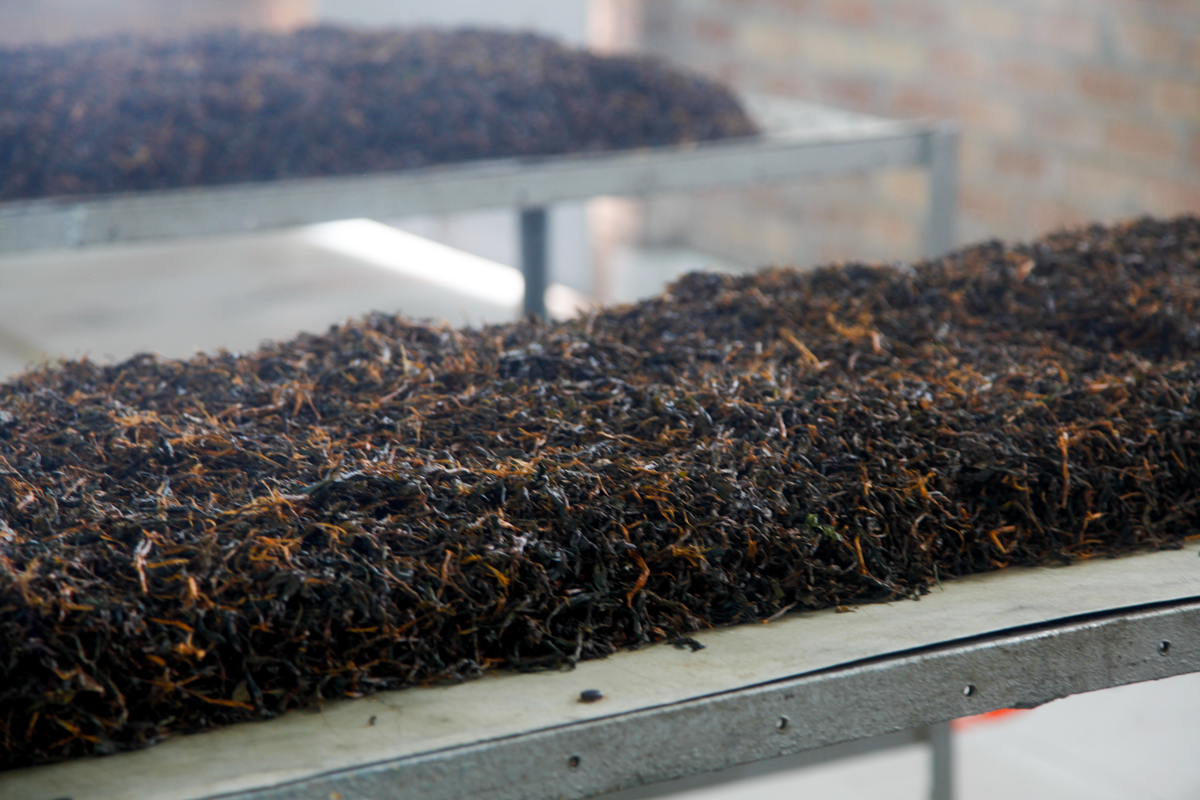Being a Frenchman, I admit I probably complain more than I should. And yet, as someone who spends much of the year travelling around regions of the world as diverse as a Himalayan kingdom, the Andes and the Great Rift Valley, in countries that are much less fortunate in terms of standard of living, I am well aware that France is the stuff of dreams, a kind of paradise in the eyes of so many of the planet’s inhabitants. It’s true that it shouldn’t take much for France to become a paradise if we united and sought compromise instead of adding fuel to the fire, preferring to fight rather than agree, thinking that violence will solve every problem. Why are we still so comfortable protesting instead of trying to build bridges? It’s a mystery to me.
Tea has opened my mind to harmony, to finding the right balance, to paying attention to others. What if we looked at the world differently? Let’s have a cup of tea and look around us. As we sip the delicate nectar, we can contemplate this beauty and feel grateful.

